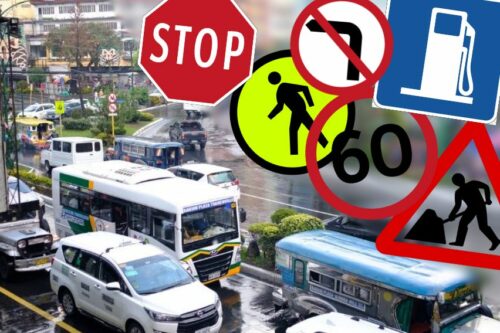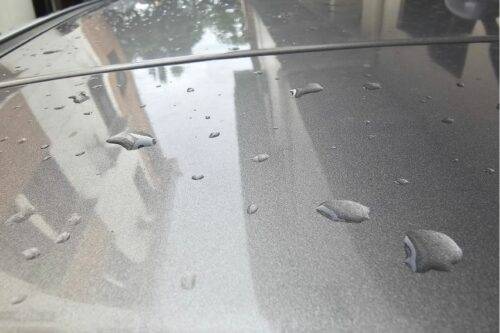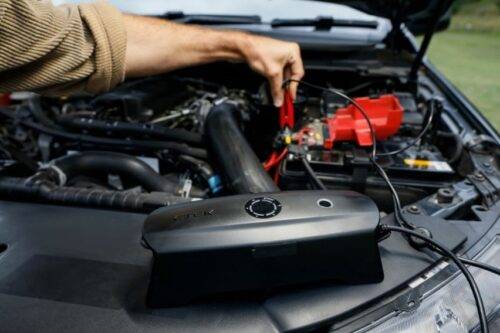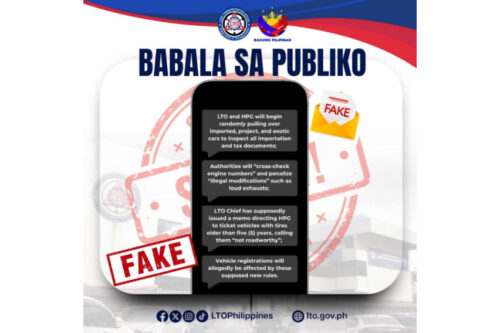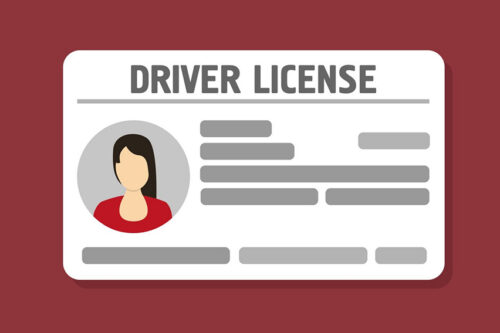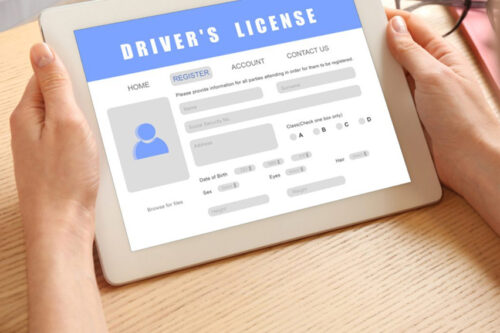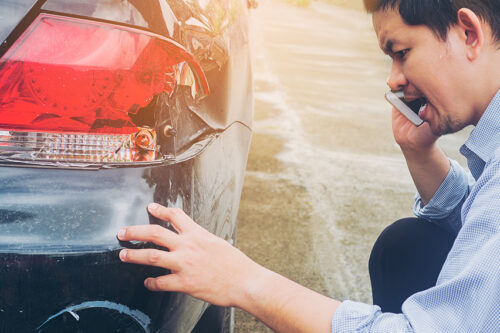When do you need to replace your car's tires?
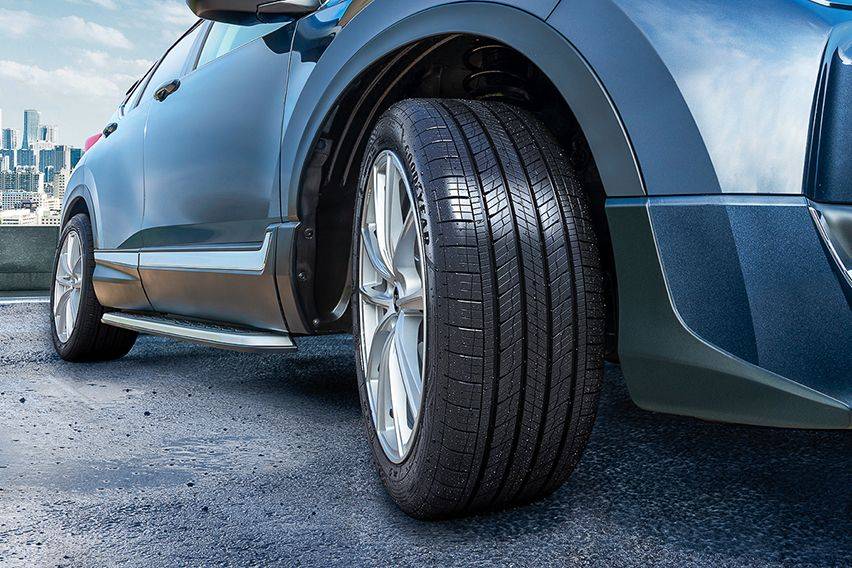
Whether your ride has two, three, or four wheels, it's important you keep tabs on the tires that wrap them.
KEY TAKEAWAYS
Do tires have an "expiration date?"
Regardless of whether the tires still have decent tread depth and don't show noticeable damage, aging tires are a no-no.Depending on tire brand, tires have an expiration date between six to 10 years from date of manufacture.How do you take care of vehicle tires?
Iinflate your tires to an optimal pressure between 25 to 32psi, and regularly service your car's alignment. Driving smoothly helps ease tire life as well.After all, these black rubber rings are the only parts of the vehicle that come into contact with the road. Tires influence many aspects of a vehicle — dynamics, fuel efficiency, and crucially, safety.
Given their demanding role, tires inevitably see wear and tear and are considered to be consumable car parts ,like brakes and engine oil. And so like those other parts, tires need regular replacing — but how will you know when it's time to do so? Read on to know when to replace your car's tires.
Inspect the tire tread
See those lines and indentations on the tires? Those are known as tire tread, and they enable the tires to grip the road and channel water off the rubber and prevent hydroplaning. So, when tire tread is thin, grip and safety will be compromised.

To check for tire tread depth, take a look at the tire's tread bars, which are horizontal bulges that run across the tire grooves. If you no longer see those bulges, that means your tires have reached their tread limit.
Another way of checking for tire tread measure it with a ruler. The depth should not dip below 1.6 millimeters.
Check for tire damage
Tires bear the brunt of the bumps and lumps on the road, and absorb high temperatures as a result of our year-round hot weather. These conditions result in the tire cracking, blistering, or developing bulges. Poor wheel alignment and even tire manufacturing errors could also exaggerate tire damage.
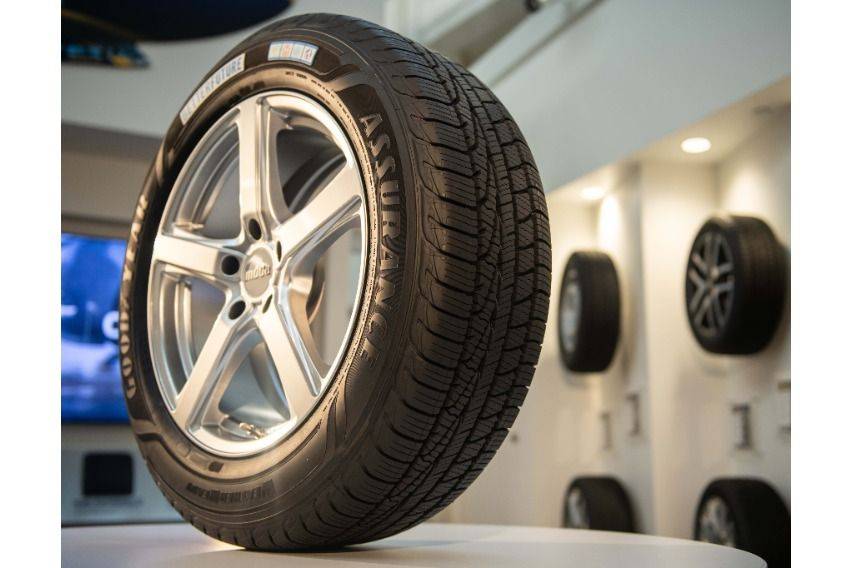
If you notice that your tires have severe cracks, blisters and bulges, it's time to replace them.
Check the tire manufacturing date
Regardless whether the tires still have decent tread depth and don't show noticeable damage, aging tires are a no-no. The older the tires they become less grippy and water-resistant.
Depending on tire brand, tires have an expiration date between six to 10 years from date of manufacture.
Tire production dates are stamped on the tires' sidewalls, and are denoted by four numbers, or in some tires, a combination of digits and letters. Digits that appear to correspond to a date (for example: 6/8/22) should be the tire production date.
While you're at it, check whether the tire in your spare wheel is past its expiration date, too — and replace it along with the other tires as needed.
Mind the mileage
Again, exterior damage and shallow tread depth are not only the reasons to have your car's tires replaced. Tires need replacing every 60,000 or 100,000 kilometers.
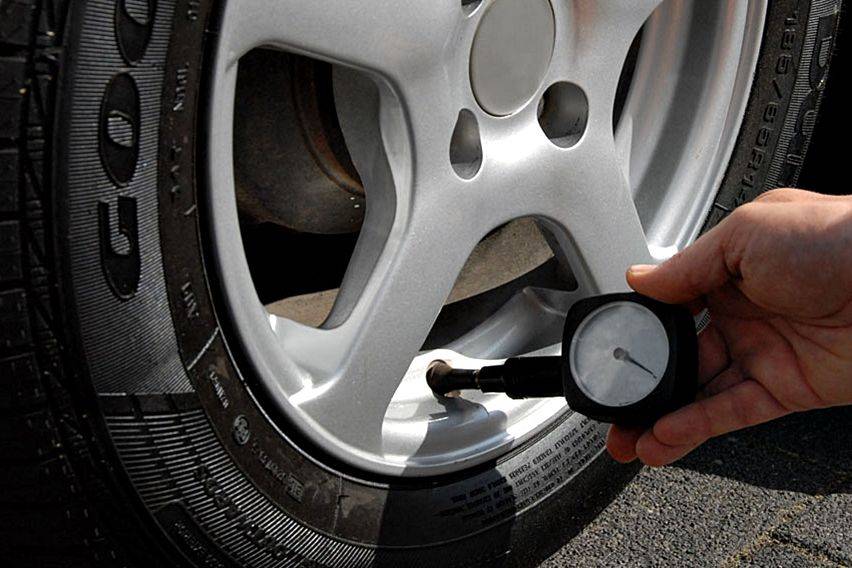
Tire care tips
Taking care of your tires can go a long way in preserving their longevity. Always inflate your tires to an optimal pressure between 32 to 25psi, and regularly service the alignment of your car's wheels.
Drive smoothly as you can, too — hard accelerating, braking, and cornering affect the life of the tires. Steering clear of potholes also helps.
Photos from Goodyear
Sell your car at the best price
 Verified and genuine buyers
Verified and genuine buyers
Trending & Fresh Updates
- Latest
- Popular
You might also be interested in
- News
- Featured Stories
Featured Cars
- Latest
- Upcoming
- Popular
Latest Car Videos on Zigwheels

Car Articles From Carmudi
- journal
- advice
- financing
- insurance












